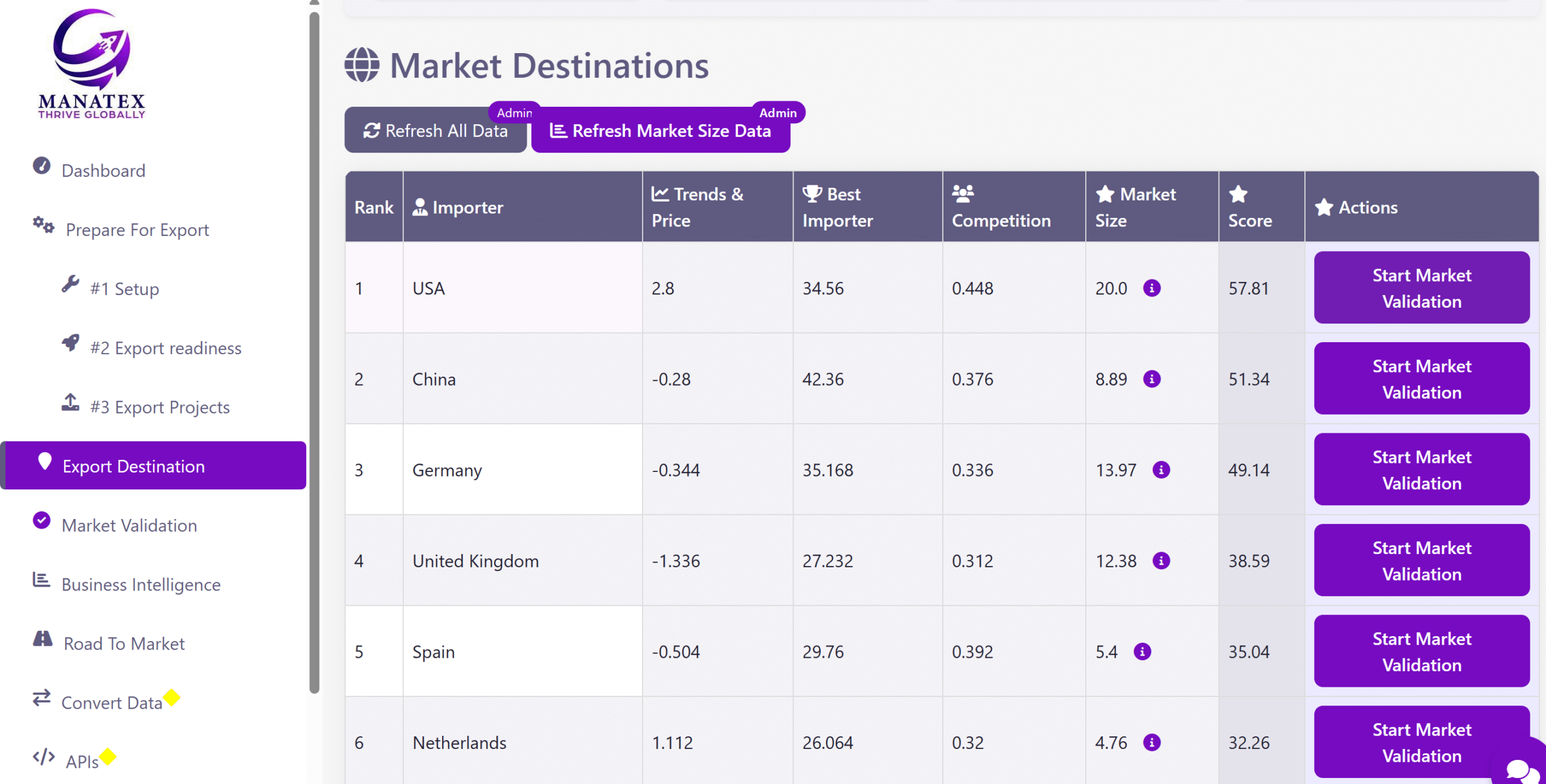Sustainability has become a pivotal factor in international trade. Exporters are increasingly expected to align with environmental and ethical standards to meet the demands of global markets. This shift is not only driven by regulatory requirements but also by consumer preferences and investor expectations. Many importers from various countries and regions prioritize sourcing from vendors whose products meet sustainability standards.
Key global sustainability standards for exporters
Exporters aiming to meet international sustainability expectations should be familiar with the following standards:
- Global Reporting Initiative (GRI): Provides a comprehensive framework for sustainability reporting, enabling organizations to communicate their environmental, social, and governance (ESG) impacts.
- International Sustainability Standards Board (ISSB): Develops IFRS Sustainability Disclosure Standards to enhance transparency and comparability of sustainability-related disclosures.
- ISO 14001: Specifies requirements for an effective environmental management system, helping organizations improve environmental performance.
- ISO 20400: Offers guidance on integrating sustainability within procurement processes, promoting responsible sourcing.
- EU Ecolabel: A voluntary label awarded to products and services meeting high environmental standards throughout their life cycle.
Implementing sustainable practices in exporting
To align with global sustainability standards, exporters can adopt the following practices:
1. Sustainable product design
- Utilize eco-friendly materials and reduce packaging waste.
- Implement life cycle assessments to understand environmental impacts.
2. Efficient supply chain management
- Optimize logistics to reduce carbon emissions.
- Collaborate with suppliers committed to sustainable practices.
3. Transparent reporting and certification
- Adopt recognized reporting frameworks like GRI or ISSB standards.
- Obtain certifications such as ISO 14001 or EU Ecolabel to validate sustainability claims.
Leveraging AI for sustainable exporting
Artificial Intelligence (AI) can play a pivotal role in enhancing sustainability efforts:
- Predictive analytics: AI can forecast demand, optimizing inventory levels and reducing waste.
- Supply chain optimization: AI algorithms can identify inefficiencies and suggest improvements to reduce environmental impact.
- Sustainability monitoring: AI tools can monitor compliance with sustainability standards and detect potential risks.
Challenges and Opportunities
While integrating sustainable practices presents challenges such as initial investment costs and complexity in supply chain adjustments, the long-term benefits include:
- Market access: Meeting sustainability standards can open doors to markets with strict environmental regulations.
- Brand reputation: Demonstrating commitment to sustainability can enhance brand image and customer loyalty.
- Operational efficiency: Sustainable practices often lead to cost savings through resource efficiency and waste reduction.
Conclusion
Embracing sustainable practices in exporting is no longer optional but essential for long-term success. By aligning with global standards, leveraging technology, and committing to continuous improvement, exporters can meet the growing demand for responsible trade and secure a competitive advantage in the global market.





